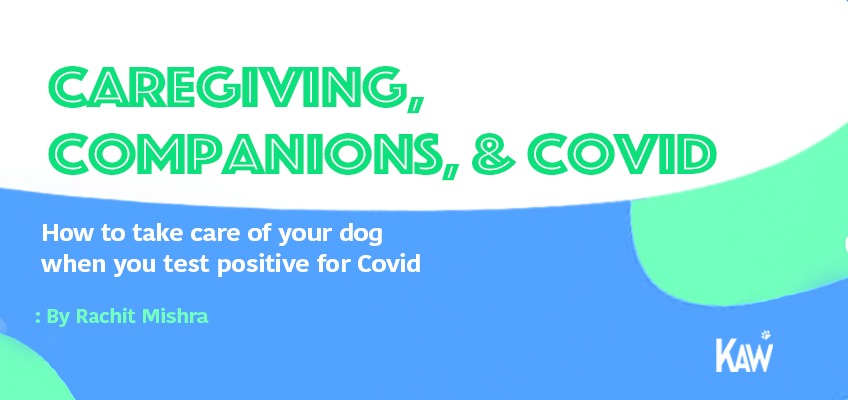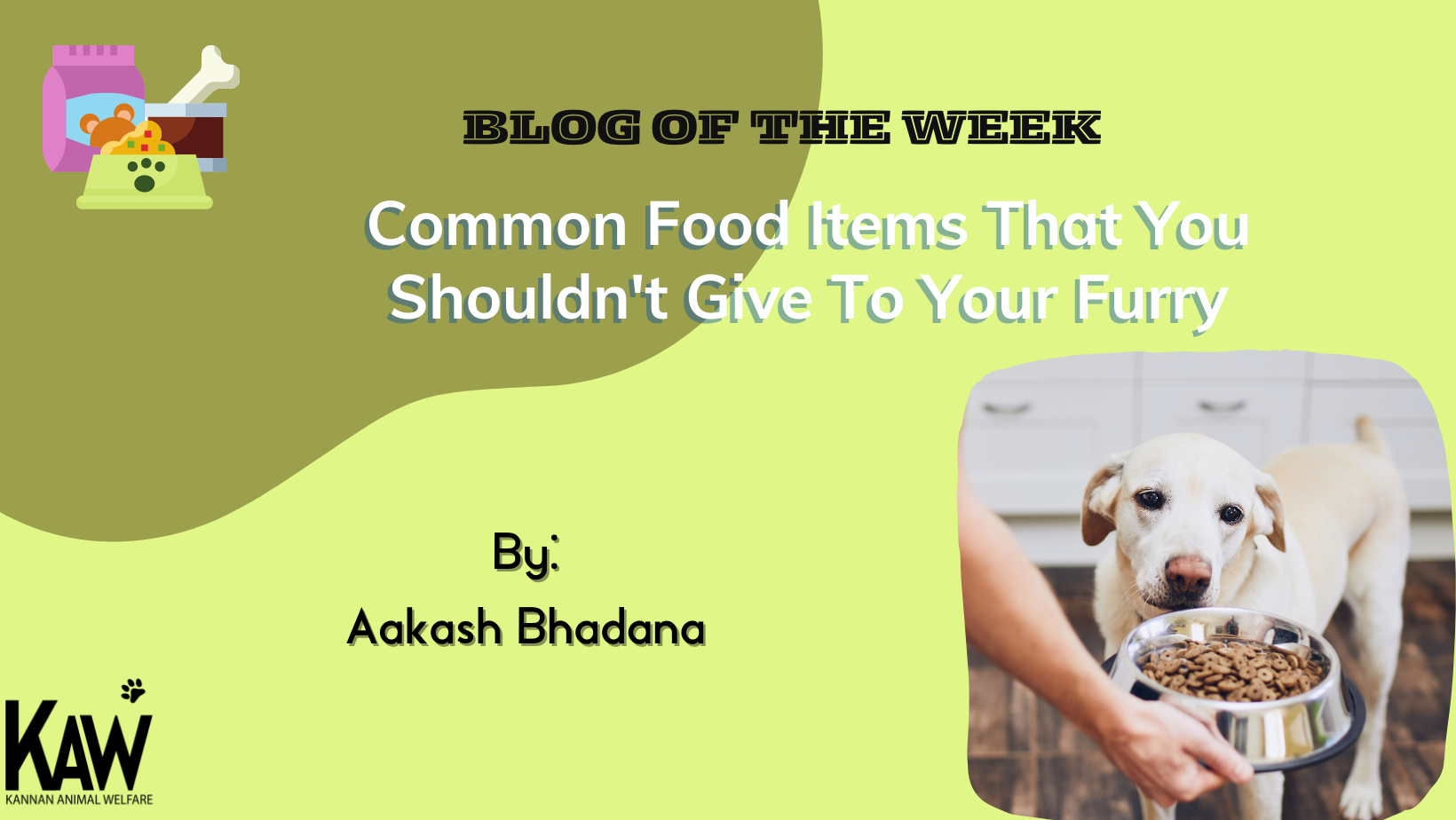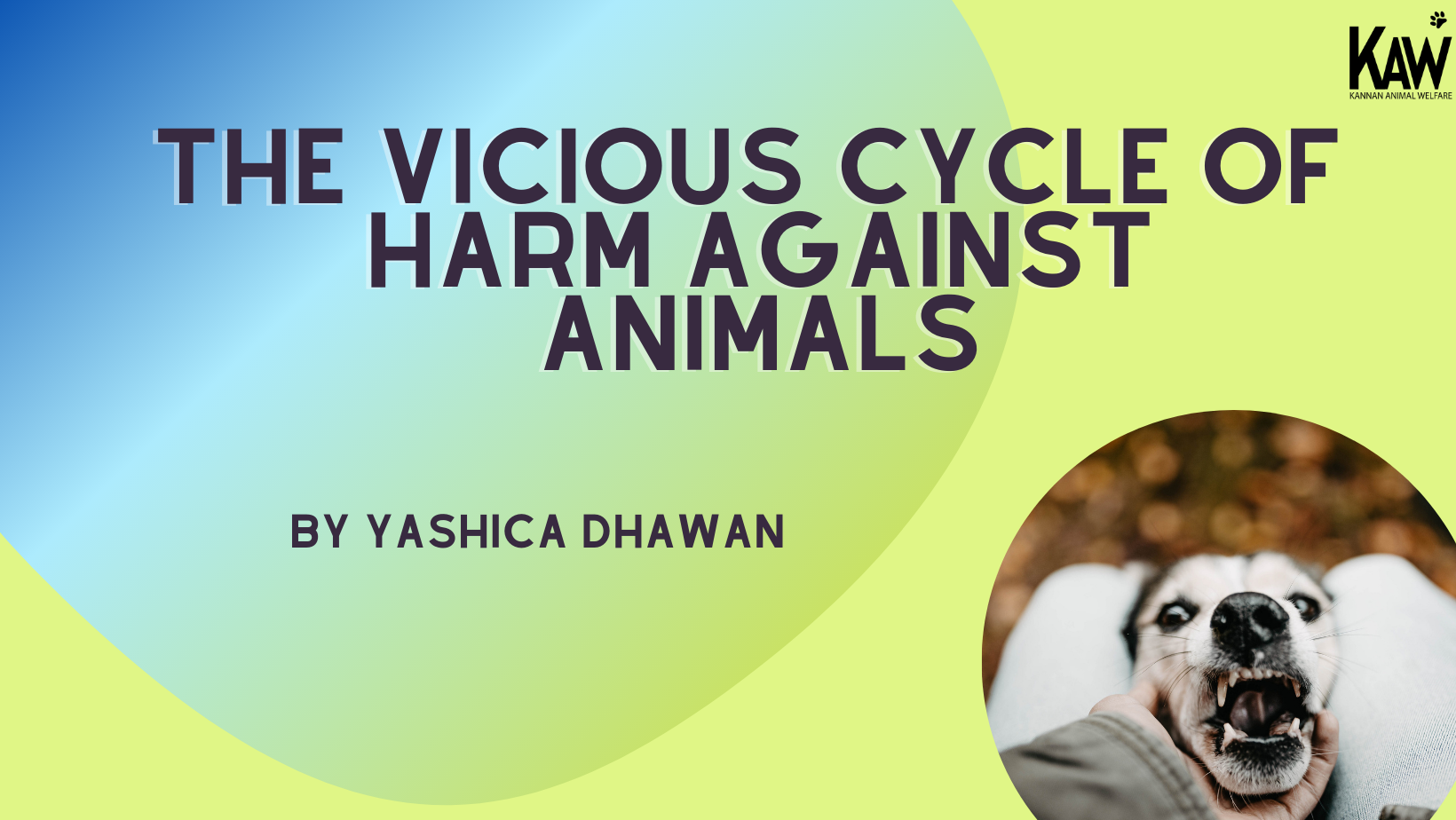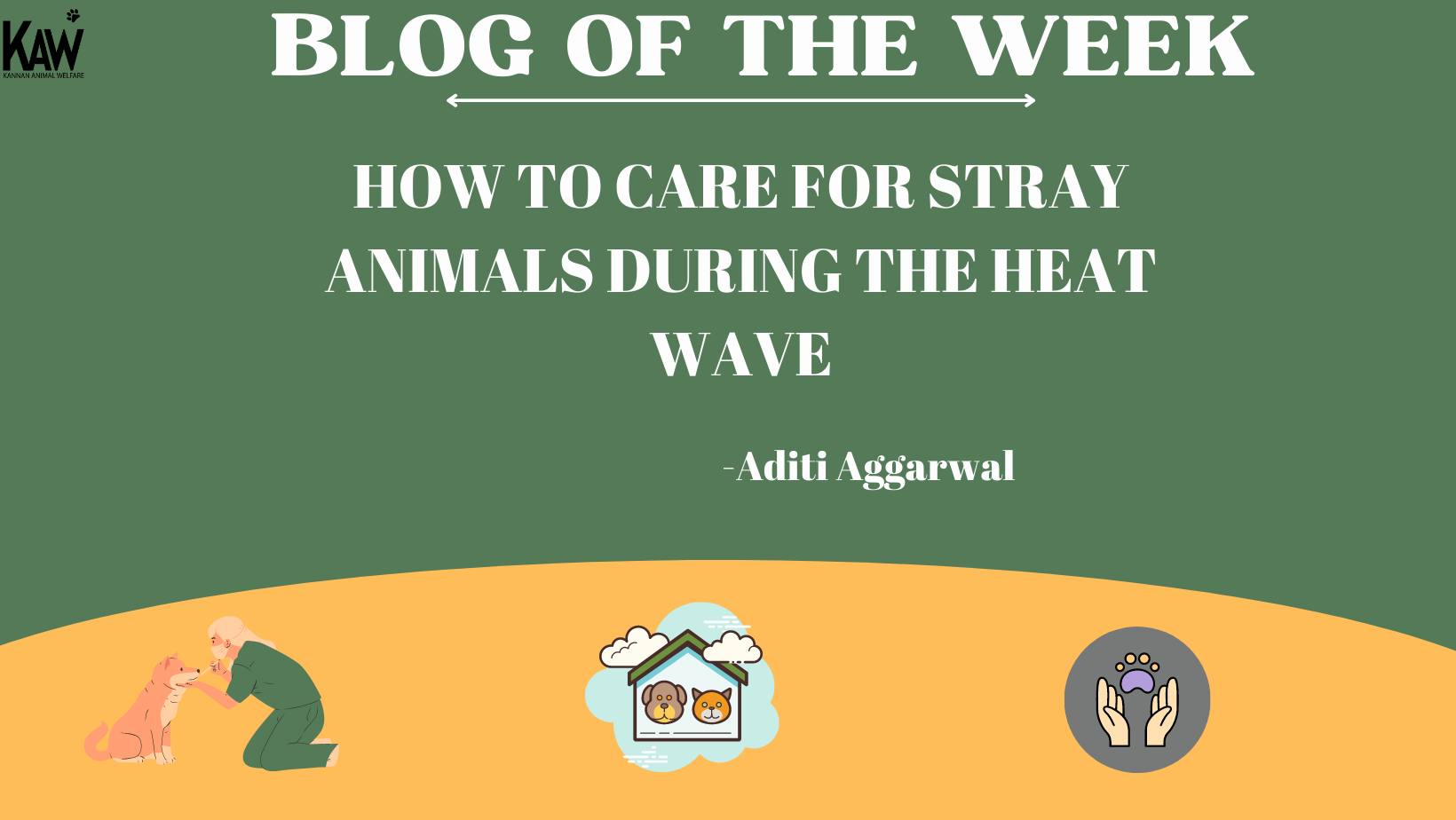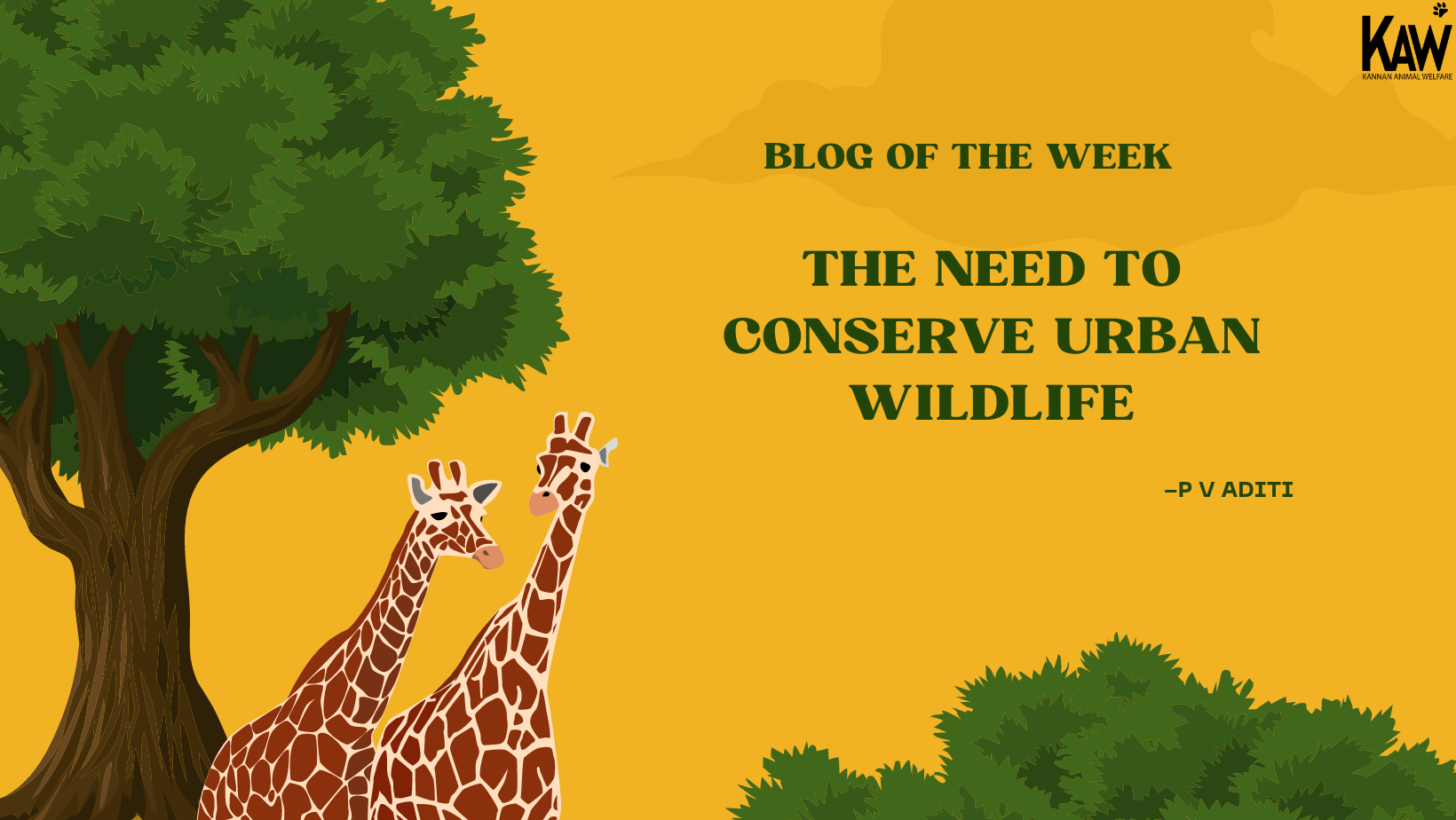The pandemic has been a testing time for people all over the world, resulting in certain severe economic and social impacts. Novel coronavirus has devastated many families and has taken away our beloved ones from us. In the same way, it has been very depressing for the dogs who happened to have lost their owners to the disease - for those poor, loyal fellows who are still waiting for them to return. Yet, it is vital to remain mentally positive and hopeful. Being infected by the virus is a time of hardships for not only the owners, but also the pets: Through their attachment to you, they become tense by seeing you anxious and stressed. It is very important to take some precautions if you become affected by the coronavirus and have an animal companion at home.
There are many “Do & Don’t” questions to consider when it comes to maintaining the health of your lovely dog when you have tested positive. To begin with:
Can dogs get infected with covid-19?
This is a very sought-after question among pet owners all over the world, and people have various misconceptions regarding it. The answer to the question is: yes. There have been a few cases for companion animals (dogs and cats) to have reported positive for Covid-19. Most of the pets who have tested positive became infected by being close to the infected person (owners in most cases). However, this is not a matter of dire concern, as out of the very few cases reported all over the world, most of the dogs did not show any signs or symptoms of the virus that causes Covid-19. Only a few of them showed slight discomfort and got sick with minor symptoms. So, it could be interpreted that there is a slight possibility for your pet to catch hold of the virus, but it is highly unlikely for them to get sick from it. Another reason for hope is that out of the dogs tested positive for the virus, none of them have died so far. So, fatality in dogs due to Covid-19 remains unreported.
Can dogs spread Covid-19?
It is important to note that while dogs may not get sick from the virus, they can potentially spread it to other people. It could sound absurd and unlikely, but it happens to be possible. It is advisable to distance yourself from your dog if you are suffering from the virus. In other words, take necessary precautions to ensure everyone’s safety in the household - including your dog!
Some considerations, if you have tested positive for the virus:
What you can do
Since, in most of the cases, dogs had caught hold of the virus by remaining close to their Covid-positive owners, you need to distance yourself from the dog during the infectious period. Ask someone else in the household to take care of the dog, if possible. If this isn’t viable, then you must take some precautions when you are near your pooches. It is well known that dogs do not generally get infected or sick due to the virus and very rarely spread it from an infected person to a healthy one, but it is always better to be cautious! Keep your dogs inside the house and don’t allow them to roam around freely outside. Ask neighbors and people not to pet them - or for that matter of fact, come near them. This could be difficult, as the dogs would be deprived of the cuddly love, but it happens to be necessary in these times.
Make sure you always wear a mask at all times when you are near your dog. Studies conducted by the CDC show that those dogs who were not infected by their owners were likely infected due to environmental contamination of the nose and mouth. (In other words, they must have come in contact with the virus while being walked in busy streets, resulting in them having sniffed the contaminated surfaces.) It is advisable to walk your companion in less busy areas, so as to avoid infection due to surface contamination. After their much-needed walks, make sure their feet are washed or wiped. Do not allow your dog to sniff and lick your face while you are recovering. Dogs’ damp noses can act as an ideal surface for the virus to stay on for 2-3 hours - a potential source of infection for other members of the household.
If possible, it is advisable to feed them while you have surgical gloves on, just to ensure extra safety. Avoiding physical contact with your dog till you recover could be very efficient in avoiding any further transmission of the disease. As you can’t engage in physical play with your dog, it becomes absolutely vital for you to keep them cheerful and stress-free all the time. Getting them toys to play with would keep them engaged in activities - in this way, they could manage to keep themselves restful and serene. If it isn’t possible to take them on a walk, make sure they get enough exercise at home to channel their energy into enjoyable (and house-safe) activities. Sit-stay games in return for rewards - like treats - could also help in preventing stress in dogs, especially in the absence of your much-needed physical pats of assurance and love.
What to avoid
There are certain things that you should avoid, like masking your pet dogs. Making your pets wear a mask is going to harm them: It will lower their efficiency in smelling their environment and thus will affect their judgment, as they are dependent on their olfactory receptors to sense their surroundings. Moreover, this could result in irritation near the nose area, which could frustrate the dog. So, it is better off to restrict the use of the N-95 respirator to yourself. There is no evidence that the virus can spread to people from the skin, fur, or hair of pets. It is not advisable to bathe your pet with chemical disinfectant, alcohol, peroxide, or sanitizers. These surface cleaners can seriously damage your pet’s fur and skin and could result in hair loss, rashes and can even cause wounds. Bathing them with products particularly meant for dogs is advisable. If your dog suffers from a skin allergy, get in touch with your veterinary doctor and request a suitable alternative in that case. Furthermore, avoid using hand sanitizers on their paws to clean them. Hand sanitizers contain up to 70-80 percent alcohol which could be too concentrated and harsh. Instead, just use water for cleaning, or apply a diluted soap mixture and then wipe the paws.
When your dog gets sick
If you have tested positive for Covid and your dog gets sick too, it may or may or may not be Covid. Although dogs show mild symptoms or no symptoms at all of the disease, it is advisable to keep your dog at home and distant from other people and dogs. Avoid petting, snuggling, being kissed or licked, and sharing food or bedding. Keep a separate litter box and encourage your dog to poop in the litter box only. Take appropriate measures to keep yourself safe when you are dealing with your sick dog. Clean the eating bowls, litter box, chew toys, and other items used for dog care regularly. Don’t forget to wear a mask and wash your hands with soap while doing the cleaning work. Wear surgical gloves while giving them a sponge bath with lukewarm water, if you deem it necessary.
Symptoms shown by the dogs
Dogs infected with the virus that causes Covid-19 may have the following symptoms:
fever, coughing, running nose, breathlessness, lethargy and sluggishness, diarrhea, bloating, rheumy eyes, and frequent vomiting.
If your dog shows such symptoms, contact your veterinarian as soon as possible. Don't reach out to the hospital without a prior appointment. Let the vet know the condition of the dog, and monitor any and all changes.
The risk of your pet dog spreading Covid-19 to people is considered to be low. There is absolutely no reason to abandon or surrender pets that test positive for the virus that causes Covid-19. If they test positive for the virus, they just need to be loved and taken care of in a particular way. Losing hope and abandoning your dog is the worst thing that could ever happen to your dog - and to you as well in the long run. Dogs and animals happen to be our best friends and companions who trust us, and we should make sure that the pandemic, which has enveloped and afflicted the world, doesn’t impact their lives in a negative way. It’s our responsibility to take care of them even during such hard times.


